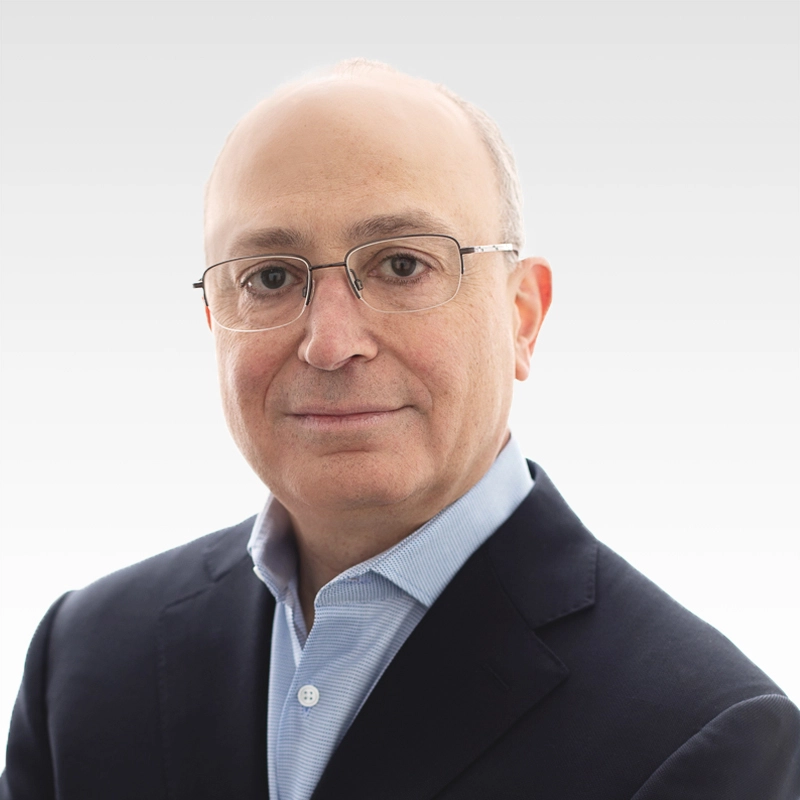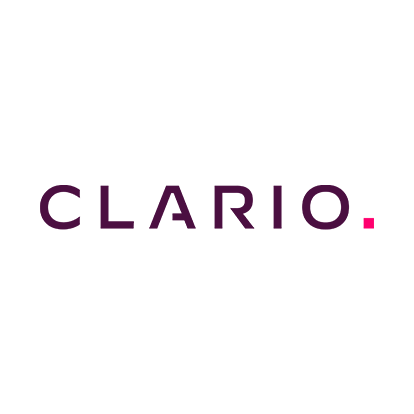Session Information:
Cardiac safety continues to be the #1 reason for trial failure amongst drug candidates as drug-induced QT interval prolongation can lead to sudden cardiac death. However, addressing this risk through a full Thorough QT (TQT) study in later phases is costly and leaves sponsors vulnerable to black box warnings and outright rejection in the 11th hour. Early-phase QT assessment amongst healthy volunteers is available and can minimize QT risk at a fraction of the cost. However, securing TQT waivers with this approach historically required supratherapeutic doses that were sometimes not achievable due to limited tolerability.
In 2022, new revisions were made to the ICH E14 and S7B cardiac safety guidance documents, which specifically address the risk of QT interval prolongation amongst drugs in development. Endorsed by all regions and subsequently released for use, this guidance document includes a new, combined E14/S7B Q&A document with the goal of building an integrated risk assessment that is more reliant upon non-clinical data. The Q&A aims to improve non-clinical assay standardization so regulators can better evaluate QT risk from preclinical data and sponsors can more easily obtain TQT study waivers even in cases where supratherapeutic doses cannot be achieved. Section 5.1 of the new guidance outlines how ECG assessment in First-in-Human, Healthy Volunteer studies can be used to request TQT waivers, provided the hERG and in vivo assays are performed in a standardized way.
For the development of drugs that cannot be safely administered to healthy subjects, such as oncology drugs, or those that may be problematic at supratherapeutic doses (e.g., insulin), traditional healthy volunteer QT assessment is often not possible. In oncology trials, ECG evaluation is typically conducted with the therapeutic dose in cancer patients only, and without placebo control. Assessing QT risk for this class of drugs in late-stage can incur undue burden on patients and, conversely, assuming a QT risk can unnecessarily limit the number of patients who will be able to access the treatment in the future. Section 6.1 of the ICH E14/S7B Q&A provides guidance on leveraging non-clinical data to better assess QT risk in First-in-Human oncology studies, when PK/PD data is already available, thus minimizing patient burden and increasing the chances of demonstrating a ‘low likelihood of proarrhythmic effect’.
Speakers

Borje Darpo, M.D., Ph.D.
Chief Scientific Advisor, Cardiac Safety at Clario
Dr. Borje Darpo is the Chief Scientific Officer, Cardiac Safety at Clario, with board certifications in cardiology and internal medicine. He completed his cardiology training at Sahlgrenska University Hospital, Göteborg and was appointed Associate Professor at Karolinska Hospital, Stockholm in 2000. Borje held various positions within CROs and pharmaceutical industry covering a wide variety of therapeutic areas.
Borje represented the European pharmaceutical industry on the ICH E14 Expert- and Implementation Working group between 2000 and 2008. In collaboration with industry and the FDA, he led the IQ-CSRC study, which validated the concept of applying exposure-response analysis on data from early-stage clinical trials to replace the Thorough QT study. This contributed to the revision of the ICH E14 guideline, which since December 2015 allows this approach to replace the TQT study.
In his current role, he supports business development and provides cardiac safety consultative services advising sponsors on optimal cardiac safety strategy for their development program (e.g. clinical protocol development, expert cardiac report development and regulatory support).

Robert Kleiman, M.D.
Vice President, Cardiology & Chief Medical Officer at Clario
Dr. Robert Kleiman is the Chief Medical Officer at Clario, with board certifications in cardiology and cardiac electrophysiology. He has performed research in both basic cellular electrophysiology as well as clinical electrophysiology. Dr. Kleiman trained at the University of Pennsylvania and practiced clinical cardiology for 12 years before joining Clario in 2003.
In his current role, he currently oversees all of Clario’s cardiology services, supports business development and provides cardiac safety consultative services advising sponsors on optimal cardiac safety strategy for their development program (e.g. clinical protocol development, expert cardiac report development and regulatory support).
